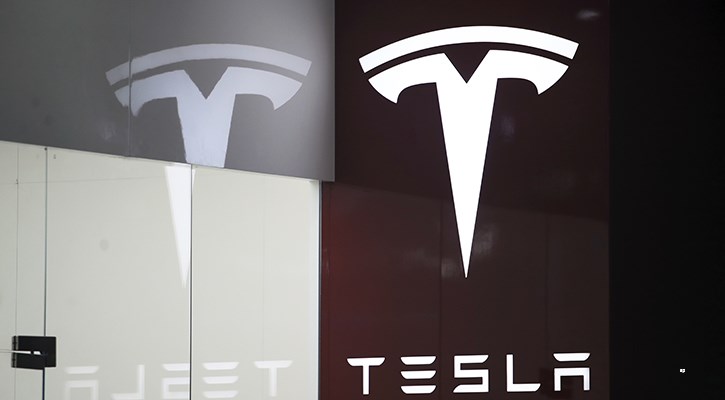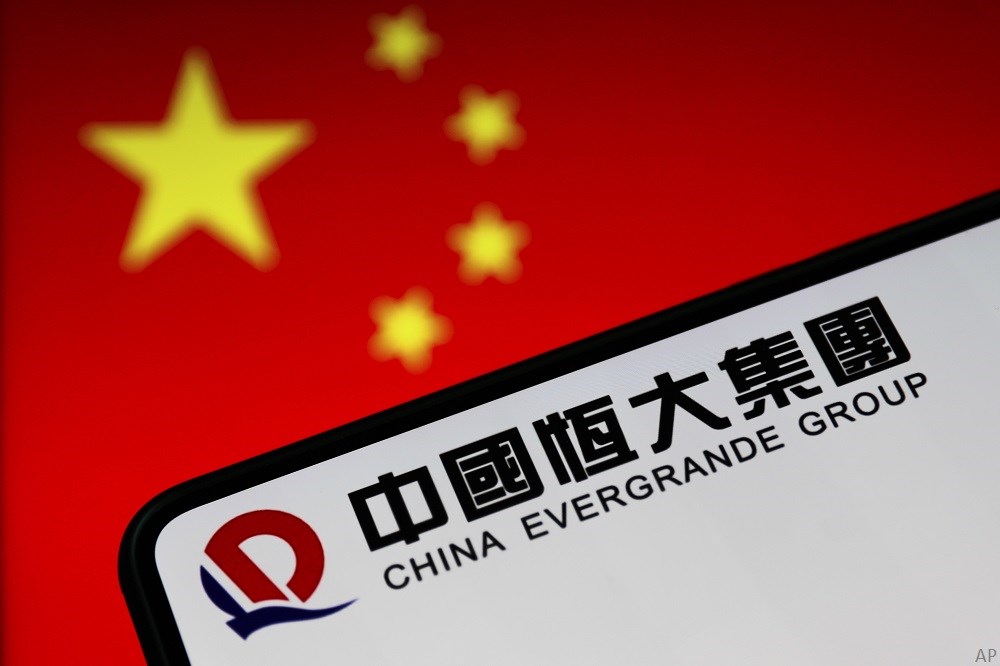
Nationwide petrol shortages have put oil companies in the spotlight this week. We asked our Twitter followers which one we should write about and they’ve gone for Royal Dutch Shell (RDSB), just ahead of rival BP (BP.). As one of the FTSE 100’s biggest companies and dividend payers, Shell has been popular stock for retail investors over the years. “You Can Be Sure of Shell” was its advertising slogan but the coronavirus pandemic and the ESG revolution has made life much less certain for this energy giant in particular.
Once the petrol panic subsides, investors will go back to the fundamentals of oil company investing – in the short term this involves oil prices, which have been surging recently, profits and dividends. Longer term there’s the challenge of the global shift to renewable energy and race to net zero across the world, and what part fossil fuel companies play in that transition.
Let’s start with the short term. Shell’s share price has been highly volatile since the start of 2020, collapsing from £23 to £9 during the Covid crash as investors factored in the sudden halt in the global economy. The turning point came in late 2020 when vaccines meant the world could start to move and use energy again. By March 2021 shares were up 50% since the autumn low and have gained extra momentum in recent weeks, heading back above £16. Shell has been a 5-star stock since the start of the pandemic, meaning that Morningstar analysts think the shares were significantly undervalued. It was the first stock in our video series on undervalued UK companies.
They are now in 4-star territory, and are still trading below the £19.40 fair value estimate, despite recent gains. Oil price moves have helped – Brent crude went above $80 per barrel this week, the highest since October 2018. (The brief period when oil prices went negative last year seems to belong to a different era.) The price of natural gas, which Shell also produces, has been soaring too, suggesting that investors (and households) are now anxious about energy shortages, rather than a glut of supply, as was the case last year. Morningstar analysts think that Shell’s strong position in the liquefied natural gas (LNG) area will stand it in good stead in coming years as demand (and prices) rise.
Still, Morningstar has this year stripped Shell of its economic moat, which was narrow before the downgrade. The shockwaves of the energy transition are one part of this decision, explains analyst Allen Good: “We have neither the confidence that Shell’s plan to transition to a more renewable and low-carbon business will create competitive advantages nor that commodity prices will consistently be at levels sufficient to generate excess returns during the next 10 years.”
Customer Focus
How does Shell differ from other resource companies facing the same existential threats and drastic challenges to their business models? Shell has joined others in committing to net zero emission by 2050 but has not committed to a specific renewable energy production target. The problem with the race for green energy is that is likely to become a crowded field, and produce lower returns for oil companies than they are hitherto used to in the Peak Oil period. Good thinks this a prudent strategy for Shell: “Instead, Shell plans to focus more on the customer, which is where Shell believes the value will be in the energy transition, as opposed to the asset. Instead of producing large amounts of renewable power, it will work with customers who want to secure low-carbon solutions for their businesses.
“This will result in Shell producing some renewable power as well as expanding further into low-carbon fuels such as hydrogen and biofuels while leveraging its trading operations to secure additional supplies. Management believes participating along the entire low-carbon energy spectrum will prove difficult to replicate and produce a competitive advantage.” This is likely to pit Shell in competition with existing utilities, which in Europe have been more nimble in embracing the green power revolution.
Variable Dividends
Away from ESG, dividends have been a big part of Shell’s attraction for investors in recent years. The company shocked the City and dividend investors by making its first income cut since the second world war in 2020 in the midst of the crisis. Given the company’s outsized share of UK plc dividends, this had an impact on overall payout levels in 2020. Even at the time, though, there was the feeling that Shell dividends had become a burden to the company. It has since changed its dividend policy and yields a more modest 3%. Allen Good lays out the changes here:
“We rate Shell’s shareholder distribution policy as appropriate. After it cut its dividend in 2020, management introduced a variable shareholder returns model, which is better suited to Shell’s new strategy as well as for potential commodity price volatility. Its new programme calls for an annual 4% dividend increase, until it reaches its net debt target. Afterward, Shell will return 20%-30% of operating cash flow to shareholders through dividends and repurchases. This should ensure the dividend remains safe even at lower oil prices while setting investor expectations for returns at higher prices when Shell is likely to generate greater amounts of operating cash.
“Although Shell is still steadily growing the dividend, it is doing so at a much reduced level. Shell’s current dividend amounts to about $5.5 billion compared with $15.5 billion previously. As such, we do not see Shell repeating the situation it faced in the past where the payout grew to unsustainable levels over time.”



























